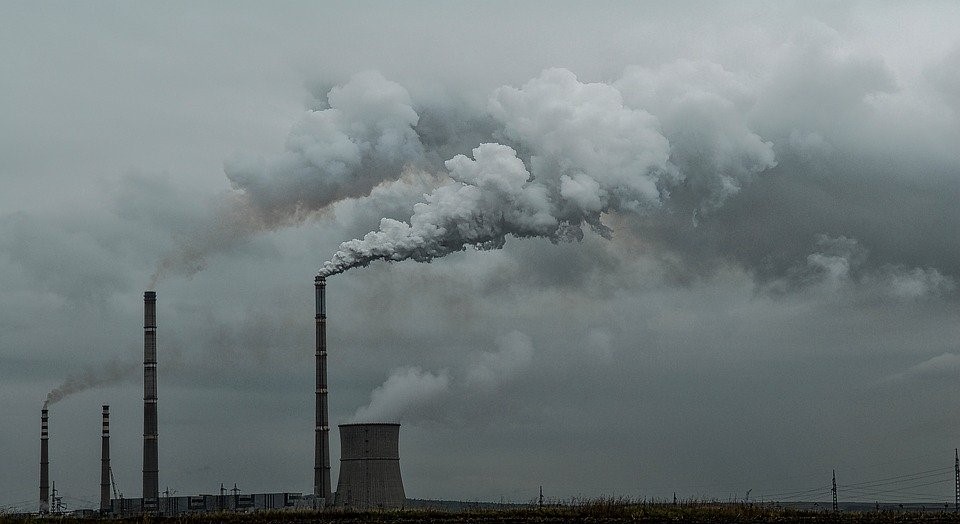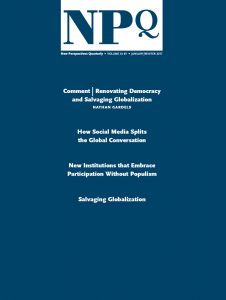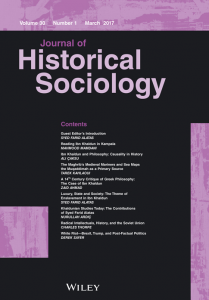What are women’s experiences like during and after disasters?
Although gaining attention, gender remains under-researched in disaster risk reduction protocols and response and recovery efforts. Many research gaps are due to sexist biases and a lack of inclusion of women’s experiences1. In fact, much early social science research was blind to gender and used men as the default for analysis2. Since then, the effects of gender stratification and women’s experiences have slowly been integrated into disaster research and social vulnerability analyses3. It is important to continue gender-based research to...



















1540-6210/asset/society_affiliation_image.gif?v=1&s=812a48e1b22880cc84f94f210b57b44da3ec16f9)
1467-7660/asset/DECH_right.gif?v=1&s=a8dee74c7ae152de95ab4f33ecaa1a00526b2bd2)